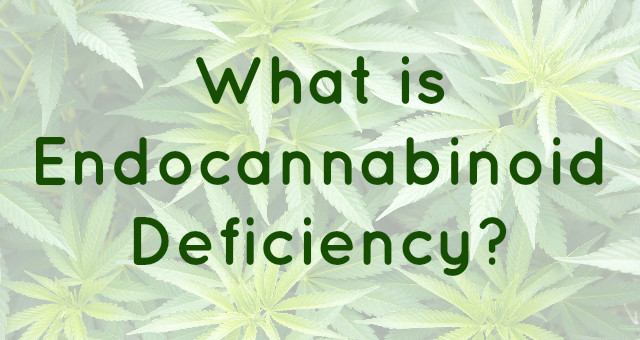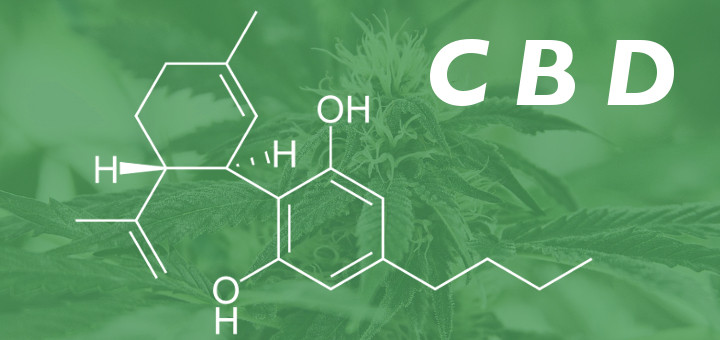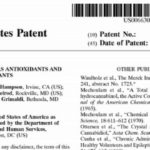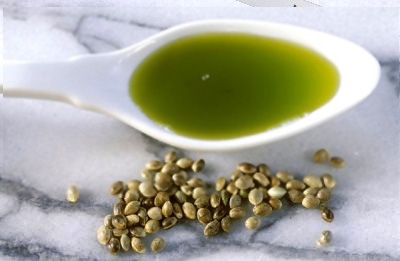This page is under construction …..
CBD
Both CBD and THC interact with cells within our bodies by activating the cannabinoid receptors. Without venturing too deeply into technical terms, we can say that these receptors are responsible for transmitting signals within our bodies, causing different physiological effects.
Some cannabinoids are capable of clinically desirable effects (they are beneficial to us). Others cause undesirable psychotropic effects in our bodies (such as getting “high,” or causing depression, etc.), and a few of these substances cause both desirable and undesirable effects.
Currently, there are no documented studies that show undesirable effects from CBD, which is why this particular cannabinoid is legal worldwide. However, there are many studies showing CBD to cause only clinically desirable effects or no effects at all. (Not only that, but CBD has also been shown to protect against the negative effects of THC).
For example, CBD is currently used to treat symptoms of anxiety and certain cases of inflammation. It has also been shown to be effective in treating a wide range of other ailments. These studies, though still in early stages, imply that CBD could be used to treat epilepsy, nausea, multiple sclerosis, and numerous inflammatory diseases, as well as inhibit the growth of certain forms of cancer.
CBD has also been shown promising results for numerous psychiatric disorders, including schizophrenia, bipolar disorder, anxiety disorders, and more. However, it is important to point out that research is still underway for many of these applications of CBD.
THC
THC was the first phytocannabinoid that was discovered and has been much more extensively researched than CBD.
We know with fairly high certainty that THC is strongly psychoactive and can be intoxicating even in small amounts. This means that THC can alter your behavior and cause you to lose control of your faculties, properties that make it a popular (illegal) recreational drug in the form of marijuana.
Nonetheless, THC has desirable medical applications and has been shown to be effective as a moderate-strength analgesic (a type of drug that offers relief from pain) and an effective form of treatment for the symptoms of “serious” diseases including AIDS and for cancer patients undergoing chemotherapy.
These invaluable properties of THC have given rise to the use of marijuana for legal medical purposes. Medical marijuana is safe when prescribed by a doctor and can significantly improve the quality of life for many people suffering from serious and/or chronic diseases.
What Do Scientists Say?
Overall, it is generally accepted that CBD is safer than THC for a number of reasons. There have been certain studies that found statistically significant correlations between long-term use of THC and certain psychiatric disorders, including schizophrenia, depression, and psychosis.
However, we must note here that in scientific studies such as these, correlation does not imply causation; that is, the usage of THC might be linked to psychiatric disorders without necessarily being that root cause of them. (Much like lighters are linked to smoking, but possession of a lighter does not necessarily mean you are a smoker.)
As we have also seen above, CBD is considered to have wider applications than THC. Since CBD has been much less studied than THC, scientists assume that there are many new applications of CBD that haven’t yet been discovered. On the other hand, THC’s applications are more or less completely explored by now due to all the research on medical marijuana over the past decade.
So What’s Better, CBD or THC?
The CBD vs THC debate is something that often crops up in the circles of cannabis users, and it mainly stems from misinformation that surrounds these substances.
Based on what we’ve seen above, we can answer the question by saying that CBD and THC are so different that it’s difficult to compare them directly. Both substances have invaluable and promising medical applications. But while THC can be abused as a drug, CBD is safe and has no recreational applications. In fact, many misinformed people, along with many recreational marijuana users, often brand CBD as “useless” because it cannot get them “high.”
Like most things in life, the usage and properties of CBD and THC aren’t black and white. It’s hard to label THC useless when it has so many documented medical benefits, and you cannot just blindly trust CBD as it is still possible (though unlikely) for scientists to find some side effects with its long-term use.
However, there is so much more to both CBD and THC than just THC’s psychoactive properties that it is a shame not to explore their applications and learn the truth about them, especially since they are both being used nowadays to better the lives of countless people on a daily basis. Science is an evolving process and it pays to stay up to date, especially on new industries like CBD.





